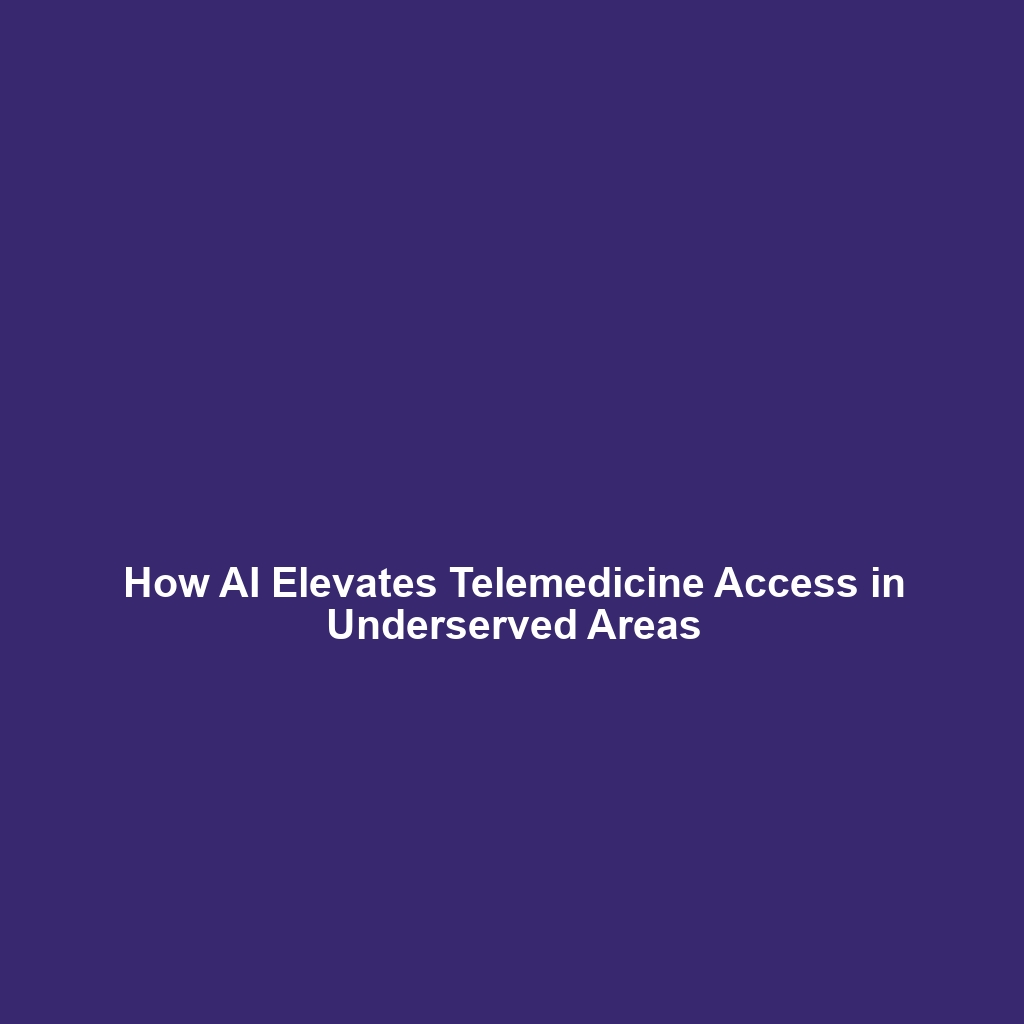Case Studies of Companies Prioritizing Transparency in AI Development
As artificial intelligence (AI) continues to evolve and permeate various sectors, the significance of transparency in AI development has become increasingly evident within the realm of AI ethics. Companies that prioritize clear communication about their AI methodologies and decision-making processes not only bolster trust among users but also foster responsible innovation. This article delves into several compelling case studies that illuminate how leading organizations are embracing transparency in their AI operations.
Key Concepts in Transparency and AI Ethics
Understanding the relevance of transparency in AI involves grasping several core concepts:
- Accountability: Companies must take responsibility for their AI systems and their impacts.
- Explainability: The decision-making processes of AI should be comprehensible to users.
- Inclusivity: Stakeholders must be included in discussions concerning AI implications.
- Fairness: Efforts should be made to avoid biases in AI algorithms.
These principles are integral to AI ethics, guiding organizations toward responsible practices. By prioritizing these elements, companies can better navigate the ethical landscape of AI development.
Applications and Real-World Uses
The most significant real-world applications of case studies highlighting transparency in AI development include:
- Google: Their AI Principles outline commitments to responsible AI, emphasizing transparency about their research and applications.
- Microsoft: Initiatives such as the AI Transparency Hub showcase how they transparently communicate their AI technologies’ functionality and policies.
- IBM: The company’s Watson AI emphasizes clear audits and transparency in AI decision-making processes, particularly in healthcare.
These examples illustrate how transparency enhances trust and aligns with ethical standards in AI development.
Current Challenges
Despite the positive strides, several challenges in studying or applying transparency in AI development persist:
- Complexity of Algorithms: Many AI systems employ intricate algorithms that are difficult to explain.
- Lack of Standardization: There is no unified framework for what constitutes transparency in AI.
- Stakeholder Engagement: Difficulty in gathering diverse inputs from all relevant parties can hinder comprehensive transparency.
- Regulatory Uncertainty: Vague regulations can complicate the establishment of transparent practices.
Future Research and Innovations
Looking ahead, upcoming innovations in AI development include:
- Improved Explainability Tools: Advances in technologies that make VA models more interpretable.
- Standardized Frameworks: Development of industry-wide standards for AI transparency.
- Collaborative Platforms: Engaging stakeholders in open dialogues about AI ethics, fostering transparency.
These breakthroughs will likely play a pivotal role in shaping the future of AI ethics and enhancing transparency.
Conclusion
In summary, the prioritization of transparency in AI development by various companies is crucial for fostering trust and ensuring ethical practices within the area of AI ethics. As demonstrated through case studies, addressing key challenges and striving for continued innovation will further enhance responsible AI development. To stay informed about ongoing efforts and developments in this vital field, explore more articles on our website discussing AI ethics and transparency in AI technologies.

